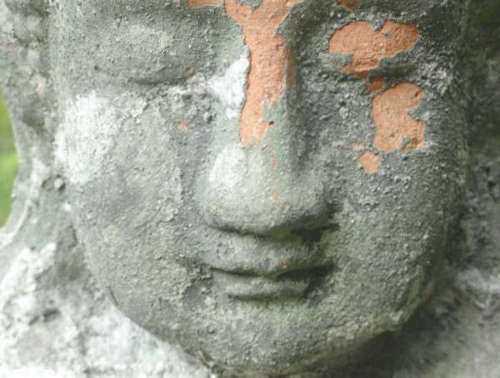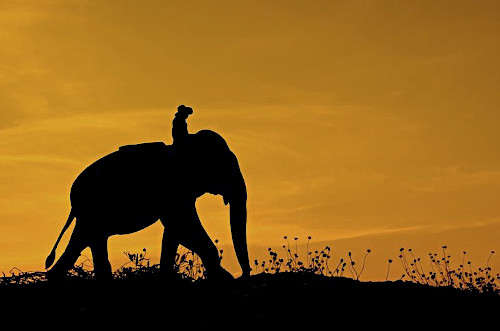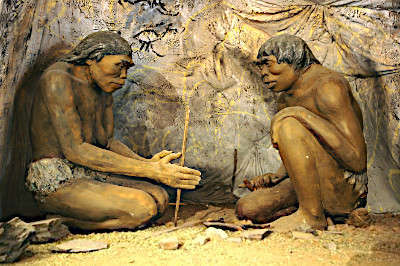Is God perfect? Is the world perfect? If your answer to the second question is “no,” or better yet, “Hell no!,” does that tell you anything about what your answer should be to the first question?
If God was truly perfect why did it not create a perfect world, a world without pain and sadness, without birth and death? Maybe the answer is because it could not create such a world.

A less than perfect God
The other question that many believers ask themselves is if God is perfectly good why did it not create a world without evil and suffering? Again, maybe the answer is that it could not; maybe it could not create a world where pain, suffering and evil had no possibility of existing.
Maybe God did not know how to create such a world? Maybe the creation of such a universe is impossible, even for God?
In physics String theory predicts a large number of possible universes. The idea is that this universe with all of its laws and physical constants is not the only possible one. Depending on the potential characteristics of a universe it may, or may not be conducive to life. It may be that a universe where all of these characteristics fall into the right values for life may be very, very improbable.
The late Sir Fred Hoyle, admittedly a controversial figure in science who derisively coined the term “Big Bang,” theorized that many constants in nature must have been “tuned” to support the existence of life. This is the idea of intelligent design.
Hoyle authored original research on how elements heavier than helium were synthesized in nuclear reactions deep in the heart of stars. Without the synthesis of heavier elements life as we know it could not exist.
One of those heavier elements so necessary to life is carbon. Before Hoyle there was not a good explanation for the huge abundance of carbon in the universe. Hoyle proposed that if the carbon-12 nucleus had a resonance of 7.7 MeV then the productivity of carbon could be a billion times greater than previously believed. This resonance, a constant in nature, appears to be necessary for life to exist in the universe.
Hoyle wrote:
Would you not say to yourself, “Some super-calculating intellect must have designed the properties of the carbon atom, otherwise the chance of my finding such an atom through the blind forces of nature would be utterly minuscule. A common sense interpretation of the facts suggests that a superintellect has monkeyed with physics, as well as with chemistry and biology, and that there are no blind forces worth speaking about in nature. The numbers one calculates from the facts seem to me so overwhelming as to put this conclusion almost beyond question.” — Fred Hoyle, ”
The Universe: Past and Present Reflections.” Engineering and Science, November, 1981. pp. 8–12
The basic thesis is that many constants, like the one above for carbon, are required for life to exist. You may or may not accept that as evidence for the universe being the product of intelligent design. In the overall picture it makes sense to me.
The possible number of equations and possible constants are probably beyond human calculation at the present time. Perhaps the “super-calculating intellect” that Hoyle referred to came up with the best possible answer given its present knowledge?
Maybe God had a choice between an imperfect world that it could create, or a perfect world that it did not yet know how to create? Maybe it decided being in existence in an imperfect world was worth the cost and pain of imperfection? Maybe what it will learn from this universe will help it do a little better job the next time?
Maybe we, as God in incarnation in this imperfect universe, have some role in making it more perfect. Maybe our job is to improve on the original work, to be God’s agents for further perfection. I doubt though we will ever see perfect perfection. That may be too much even for God.
Copyright © 2019 Lawrence W. Kennon


